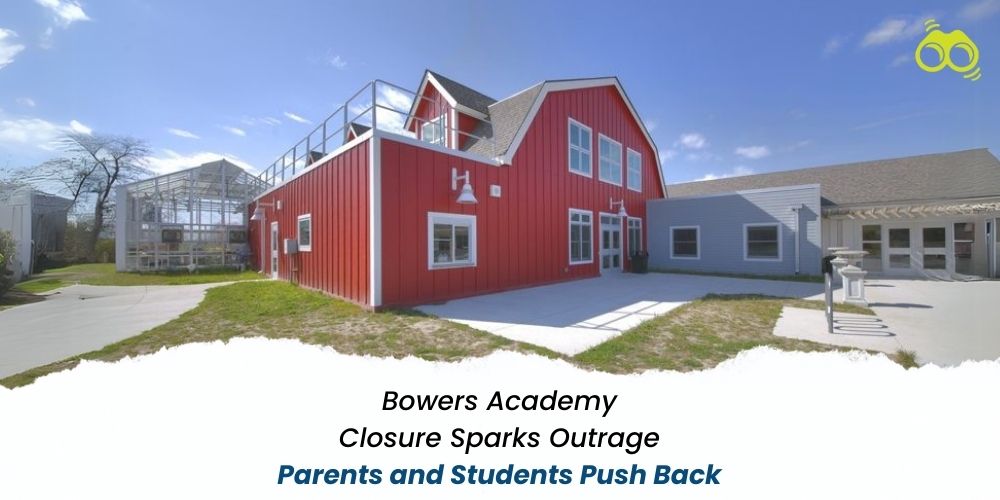Bowers Academy Faces Closure, Sparking Widespread Community Frustration
Farming Futures Disrupted: Bowers Academy Closure Leaves Students Adrift
Bowers Academy in Bloomfield Hills has long served as more than just a school—it has been a vital support system for students seeking an alternative to traditional education. Located on a working farm in Oakland County, the academy offered a unique combination of classroom instruction and hands-on farm work, fostering academic growth alongside practical life skills. For years, it provided a nurturing space for juniors and seniors who struggled to find success in conventional settings.
The recent and unexpected announcement of Bowers Academy's closure at the end of the school year has left the community shocked and deeply concerned. Parents voiced frustration over the district’s lack of communication, noting they were neither consulted nor informed beforehand. Michelle Gilbert, whose daughter attends the academy, expressed disappointment with the lack of transparency, while many parents were especially troubled that students learned of the decision before their families did.
The reaction to the closure has been strong. Joel Ross, another parent, described the decision as inconsiderate and lacking empathy, calling it a betrayal of the families who rely on the program. Gilbert added that her daughter felt powerless and unheard, underscoring the emotional toll the decision has taken on students. Bowers Academy, which serves juniors and seniors from across Oakland County, is known for integrating traditional academics with farm-based experiential learning. Ross emphasised that this hands-on component—caring for animals and performing daily chores—is central to the academy’s success and cannot easily be replicated elsewhere.
In response, the school district announced that the alternative education program would be expanded to include 10th graders and relocated to the main high school campus. According to the district, this move will preserve the program’s focus on small class sizes, personalised instruction, and multiple graduation pathways, while also giving students greater access to academic, extracurricular, and counselling services. However, Gilbert raised concerns that the essential aspects of the program—those not relocating to the main campus—are what make Bowers truly effective. Ross echoed this sentiment, citing the significant personal growth his daughter experienced during her time at the school.
The district acknowledged the need for continuity, assuring that the 17 current juniors would receive personalised counselling and staff support during their transition. Additionally, students would still have access to Bowers School Farm to preserve part of the original learning environment. Ross has called on the district to reconsider its decision, stressing that Bowers Academy has been life-changing—and, for some students, even life-saving. In support of this appeal, a petition to keep the academy open has garnered over 1,000 signatures, reflecting strong community backing.
As the school year draws to a close, the future of Bowers Academy remains uncertain, but its impact on students, families, and the broader community is undeniable. Its story is a testament to the transformative power of alternative education and the importance of listening to those it serves.
Editor’s Note:
The closure of Bowers Academy is more than the end of an alternative school—it highlights important issues around educational inclusion, student support, and accountability. For years, Bowers has served students who struggled in traditional classrooms by offering a unique mix of hands-on learning and personal guidance, helping many succeed both academically and emotionally. The abrupt decision to close the academy, without clear communication from the district, has caused concern among families and students. Their reactions point to the importance of transparency and involving the community in decisions that directly affect students’ lives.
Skoobuzz firmly believes that as the education systems continue to change, it is essential to recognise and support the needs of all students.














0 Comments (Please Login To Continue)